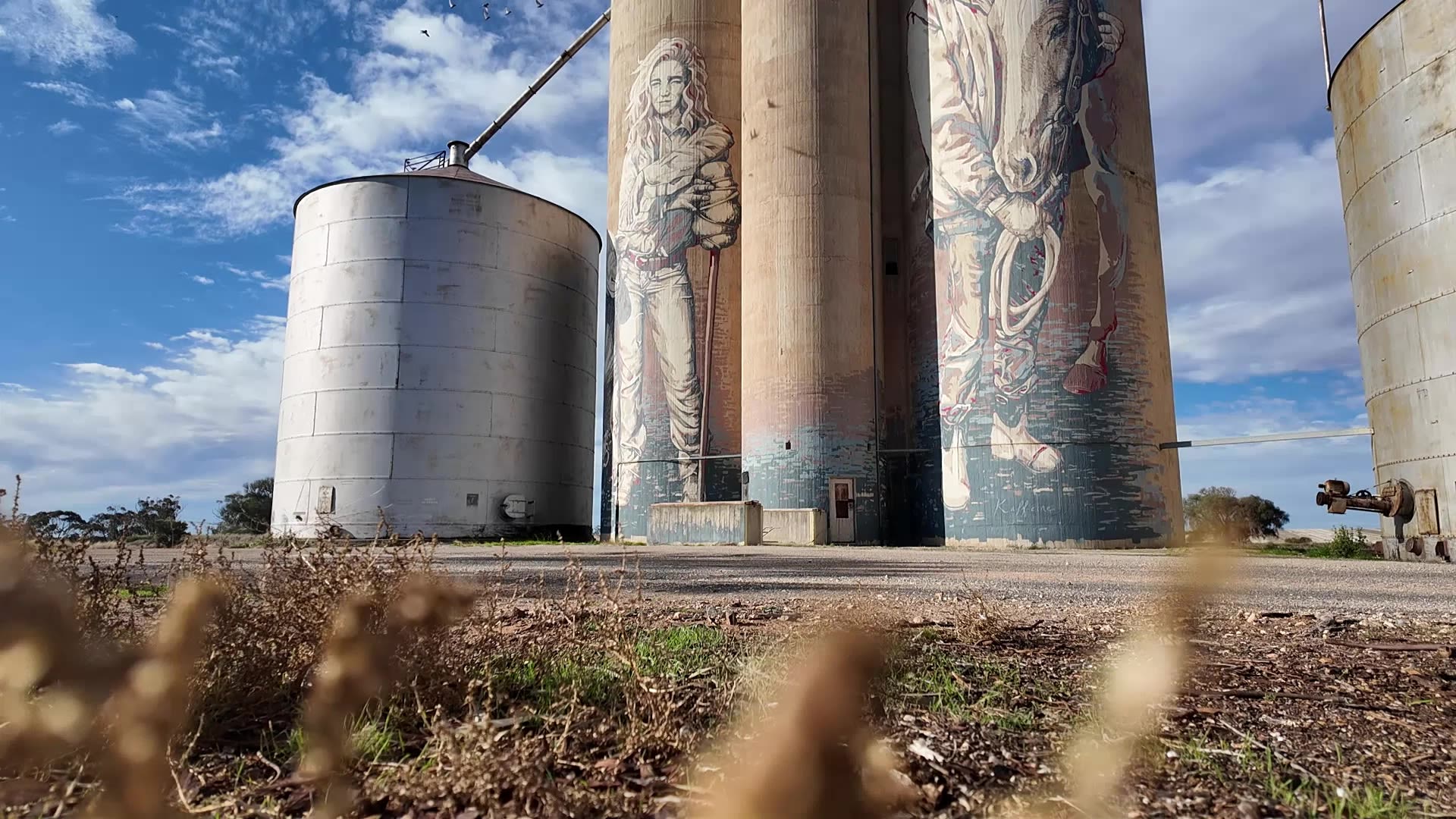Bringing Hopetoun care
One fly-in-fly-out city doctor's twenty-year commitment to providing gender choice to a remote community and the positive outcomes forged from consistent, continuous care.
Scroll to read story
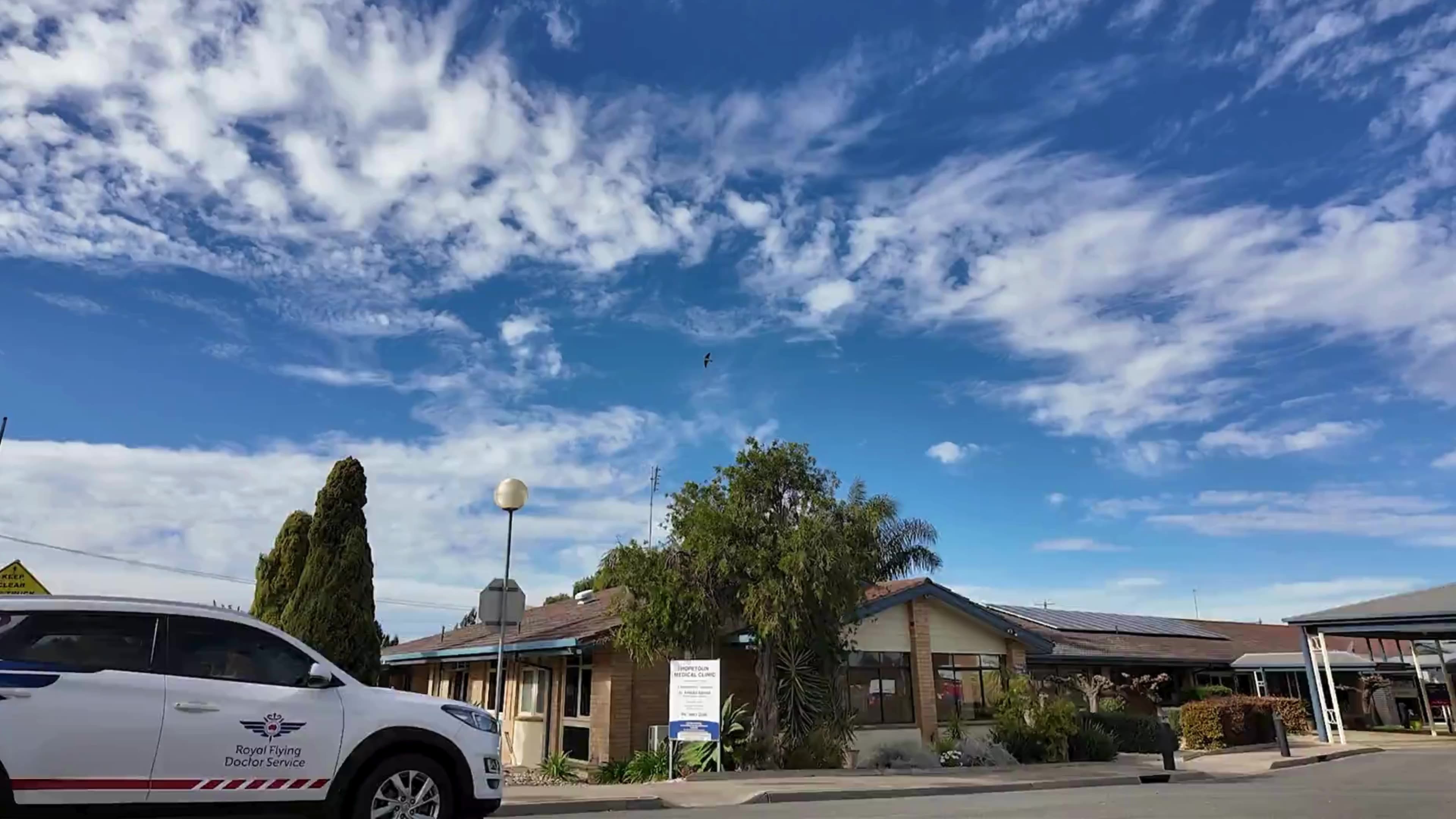
For more than twenty-years, Melbourne based general practitioner, Dr Susan Lewis has travelled to Hopetoun - a small agricultural town in Victoria’s Wimmera Mallee region – to give women in the country the choice to see a consistent female GP, close to home.
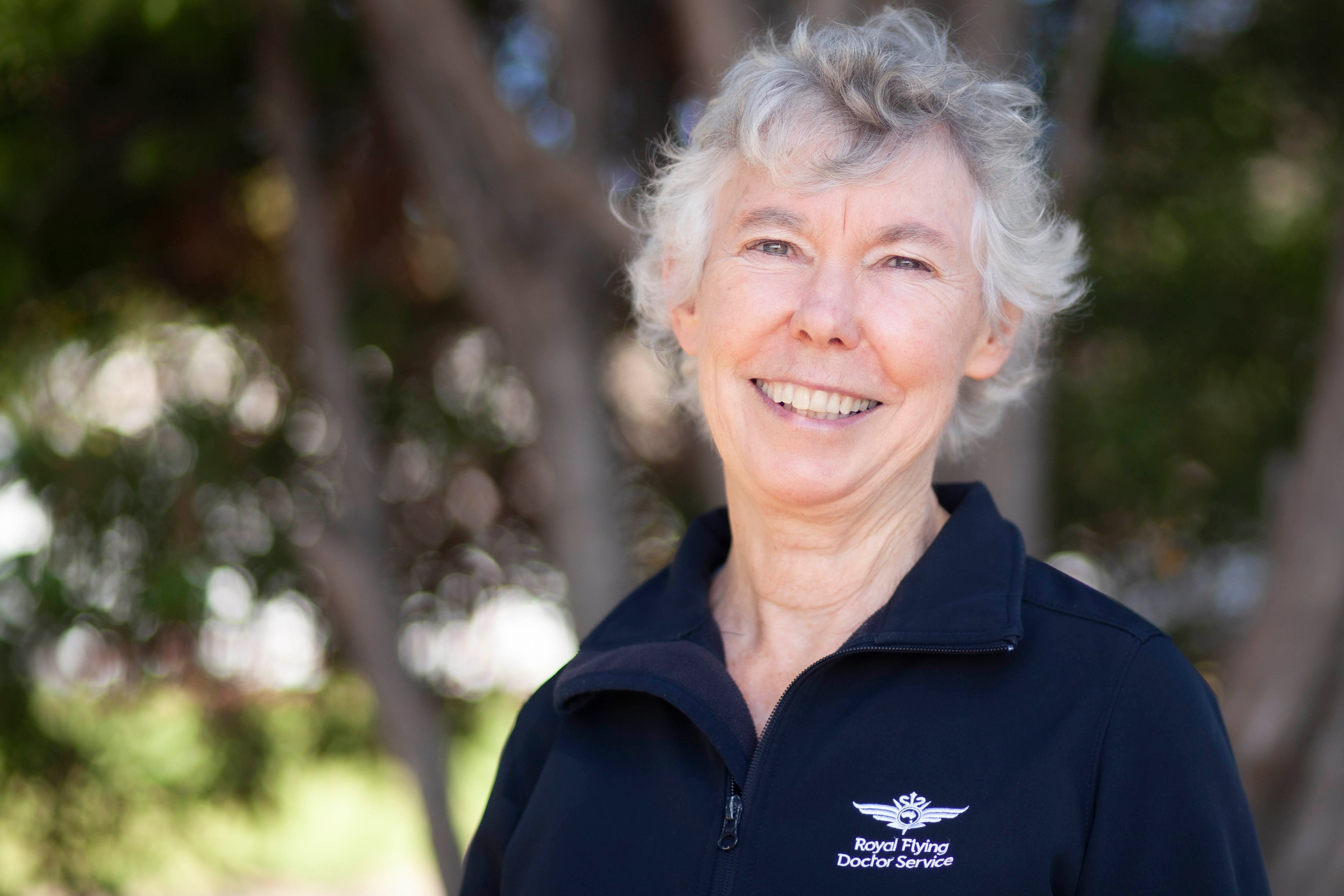
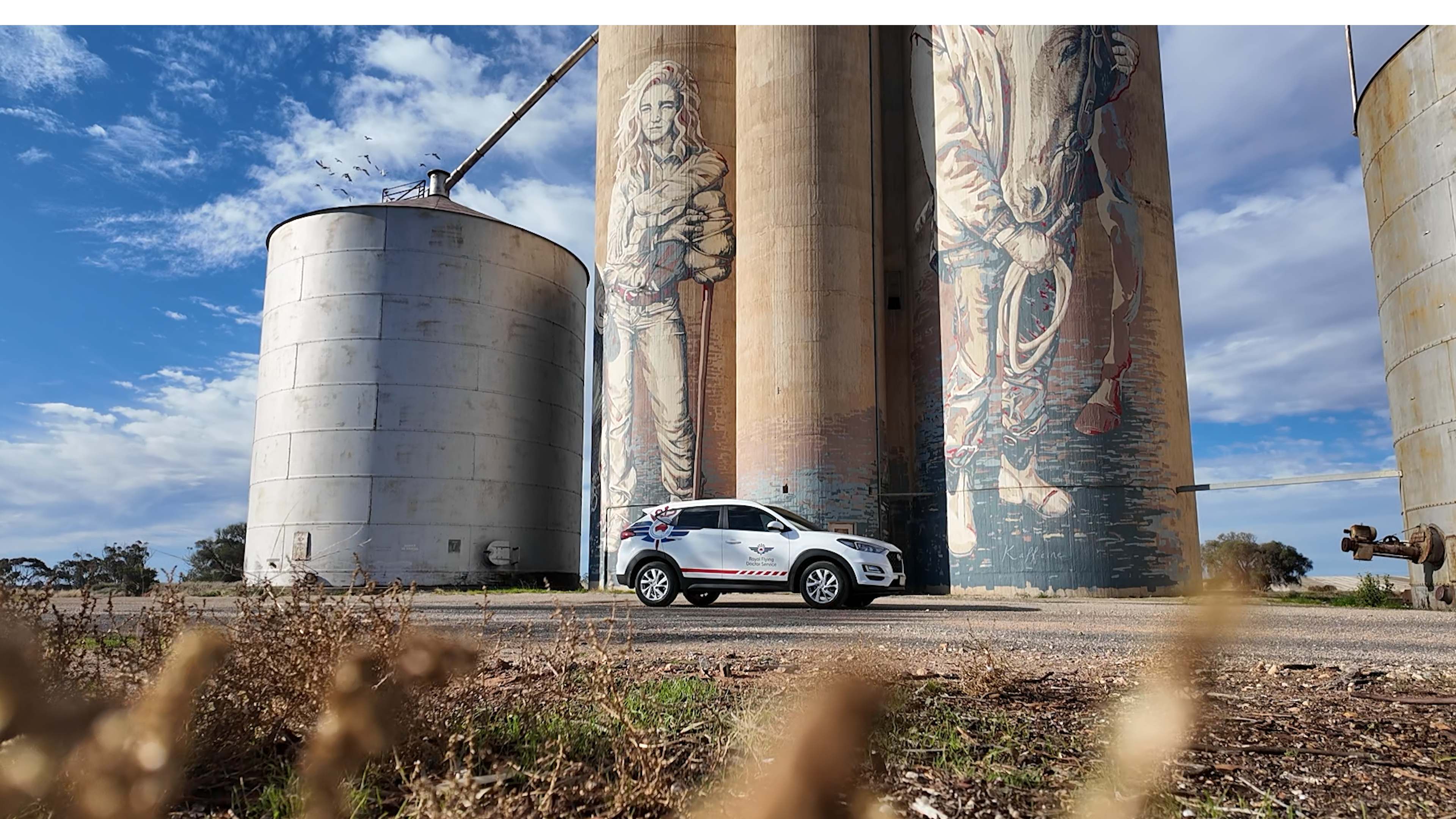
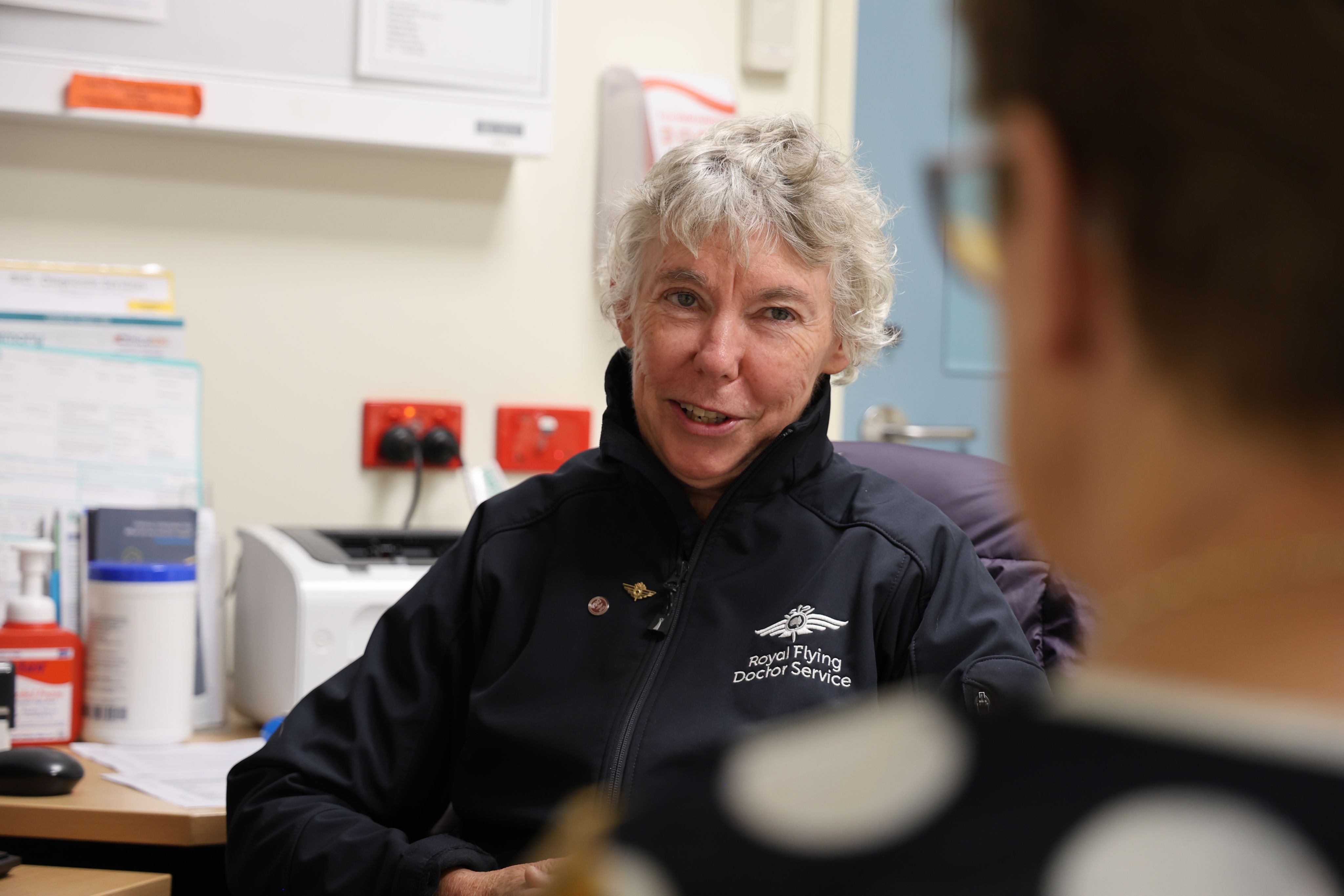
Every six to seven weeks Dr Lewis commutes 700 kilometres driving from Melbourne to Hopetoun, where she resides for two days, seeing new and recurring patients about a range of women’s health issues.
In that time, Dr Lewis has developed a deep affinity for Hopetoun and the people who live and work in the community.
“I really love the work here. It always feels like I’ve done something valuable,” Dr Lewis says.
The long serving doctor is one of eight female GPs providing isolated Victorian communities agency over their health care through the Rural Women’s GP Service (RWGPS), operated by the Royal Flying Doctor Service Victoria.
“It’s not just gynaecology, it’s really anything that women want to bring in, where they’d prefer to have a woman GP,” Dr Lewis explains.
“The service operates in parts of the state where there aren’t enough women’s health services, and in particular, women’s GPs.”
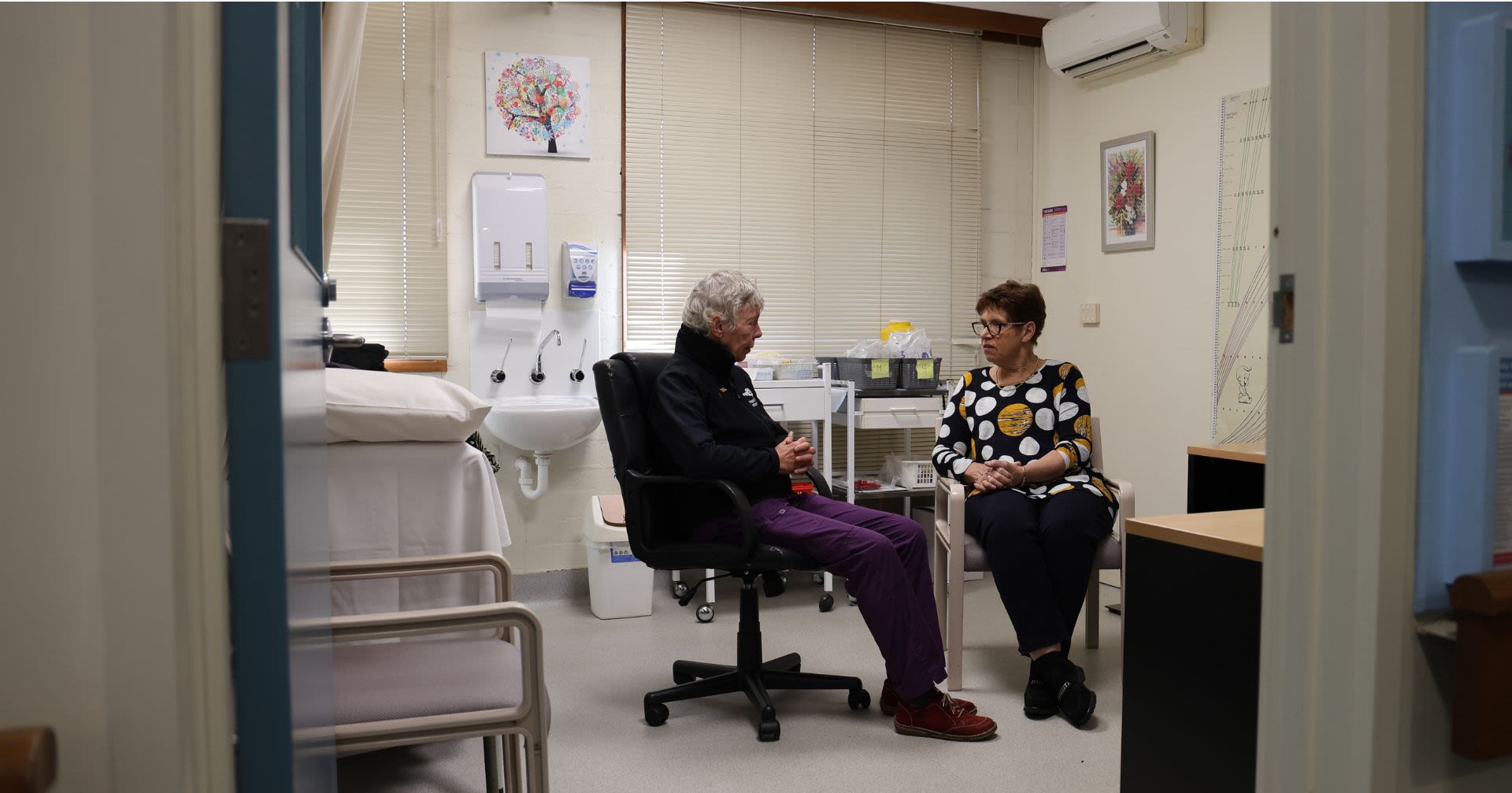
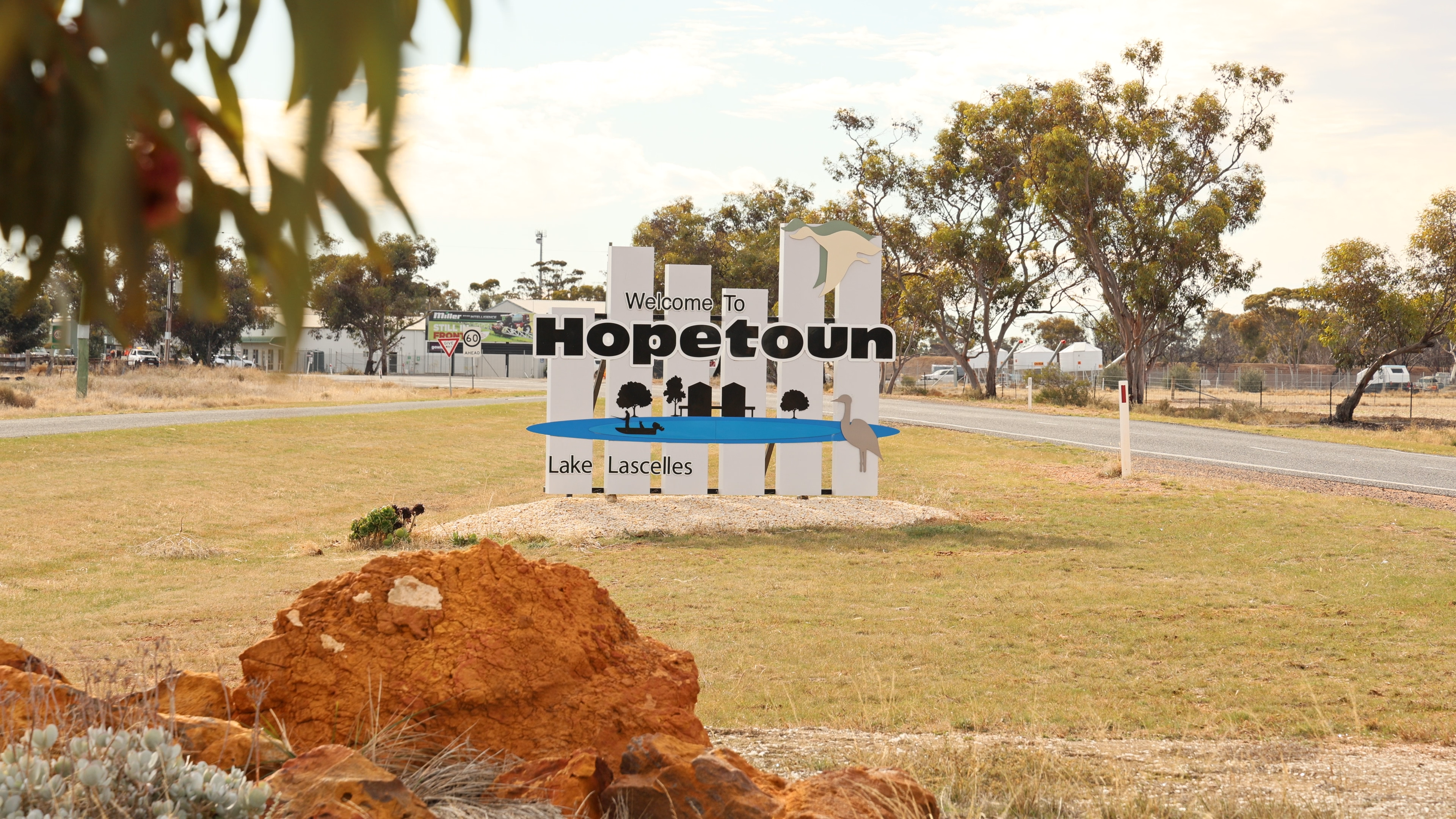
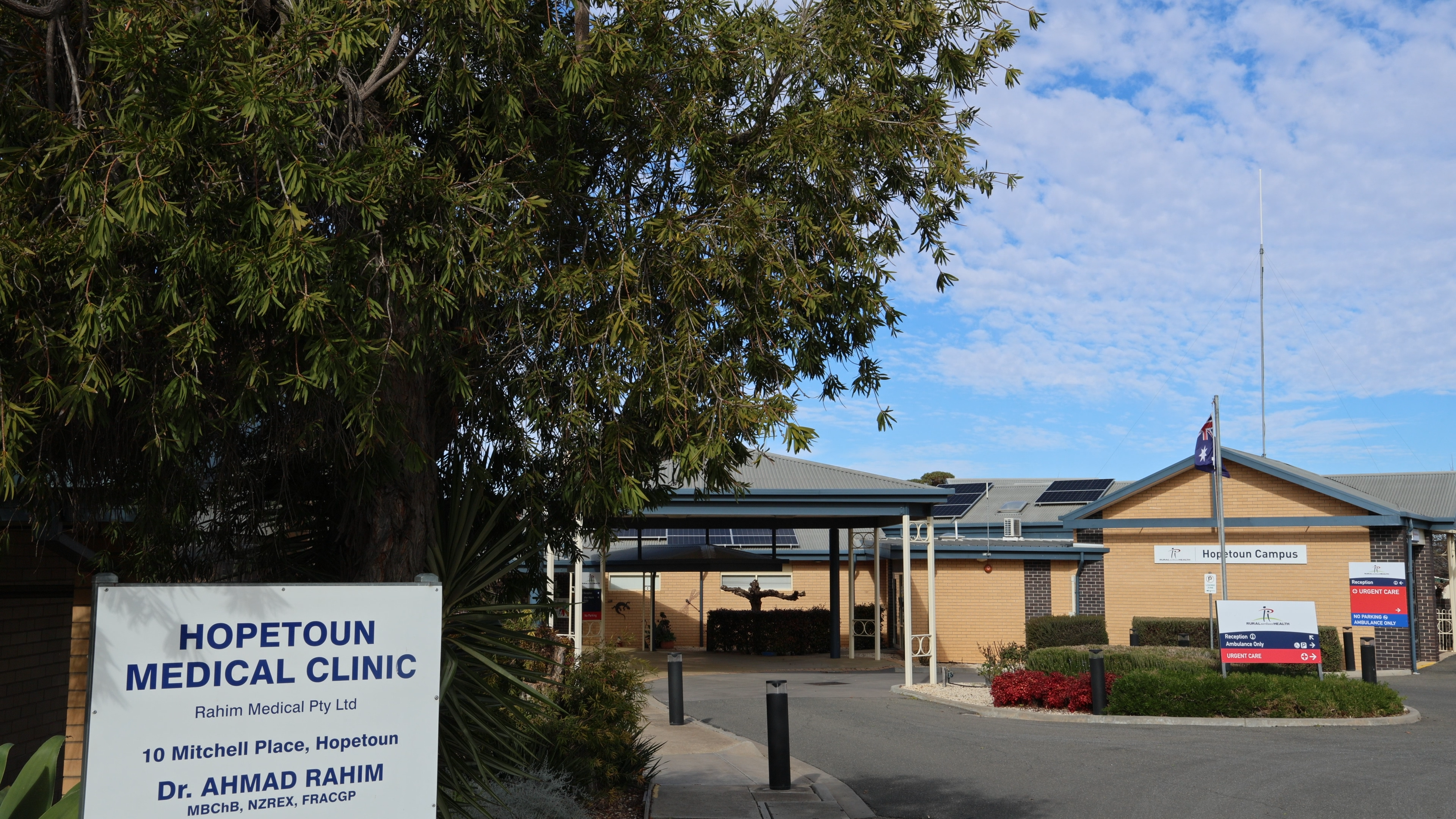

Like many rural and remote towns Hopetoun only has one GP clinic, run by a solo male doctor.
Without access to a female GP, receiving care in a timely manner can be difficult, costly, and time consuming for rural women; and with the appointment books of GP clinics in neighboring towns increasingly filling up – choice soon becomes a luxury.
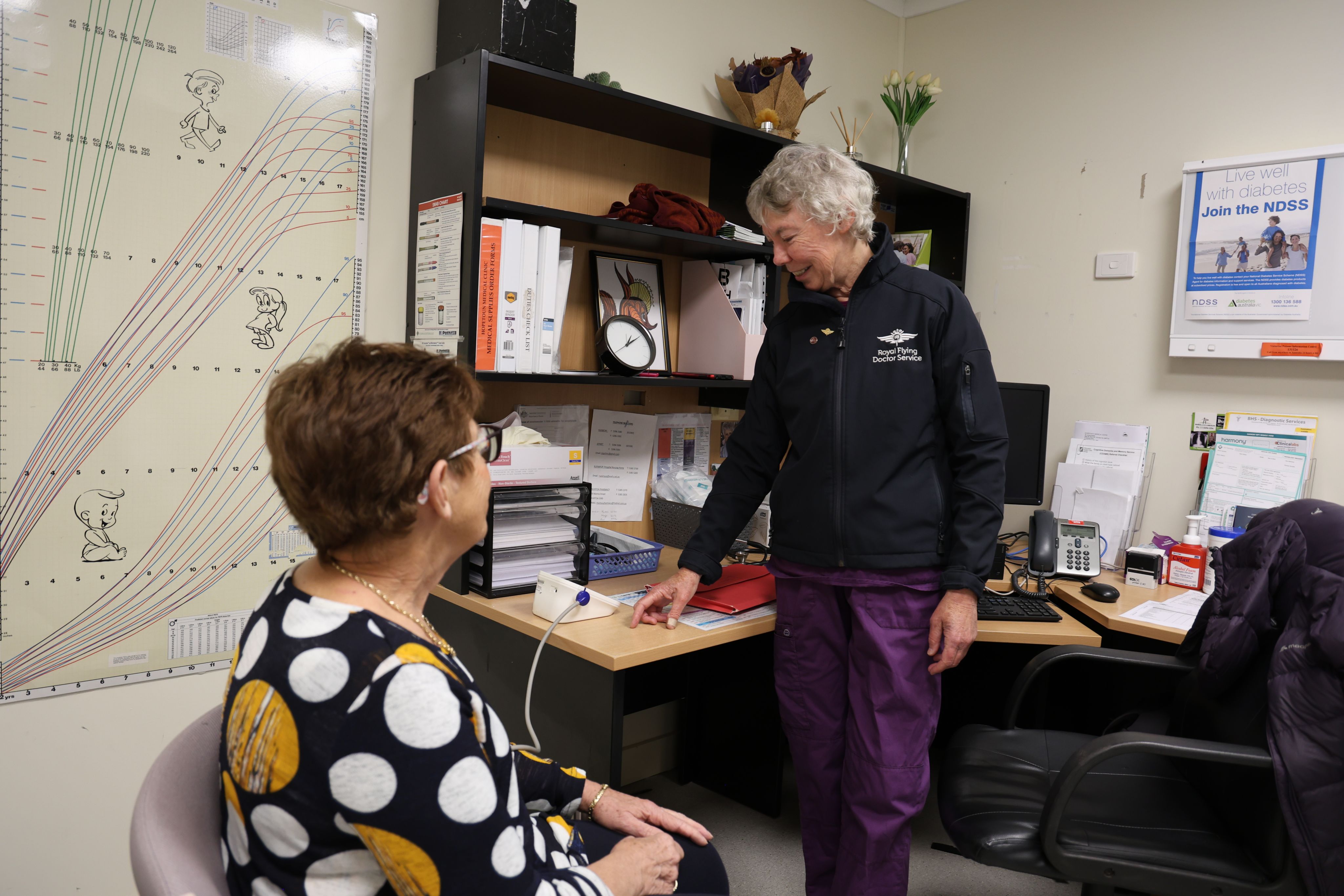
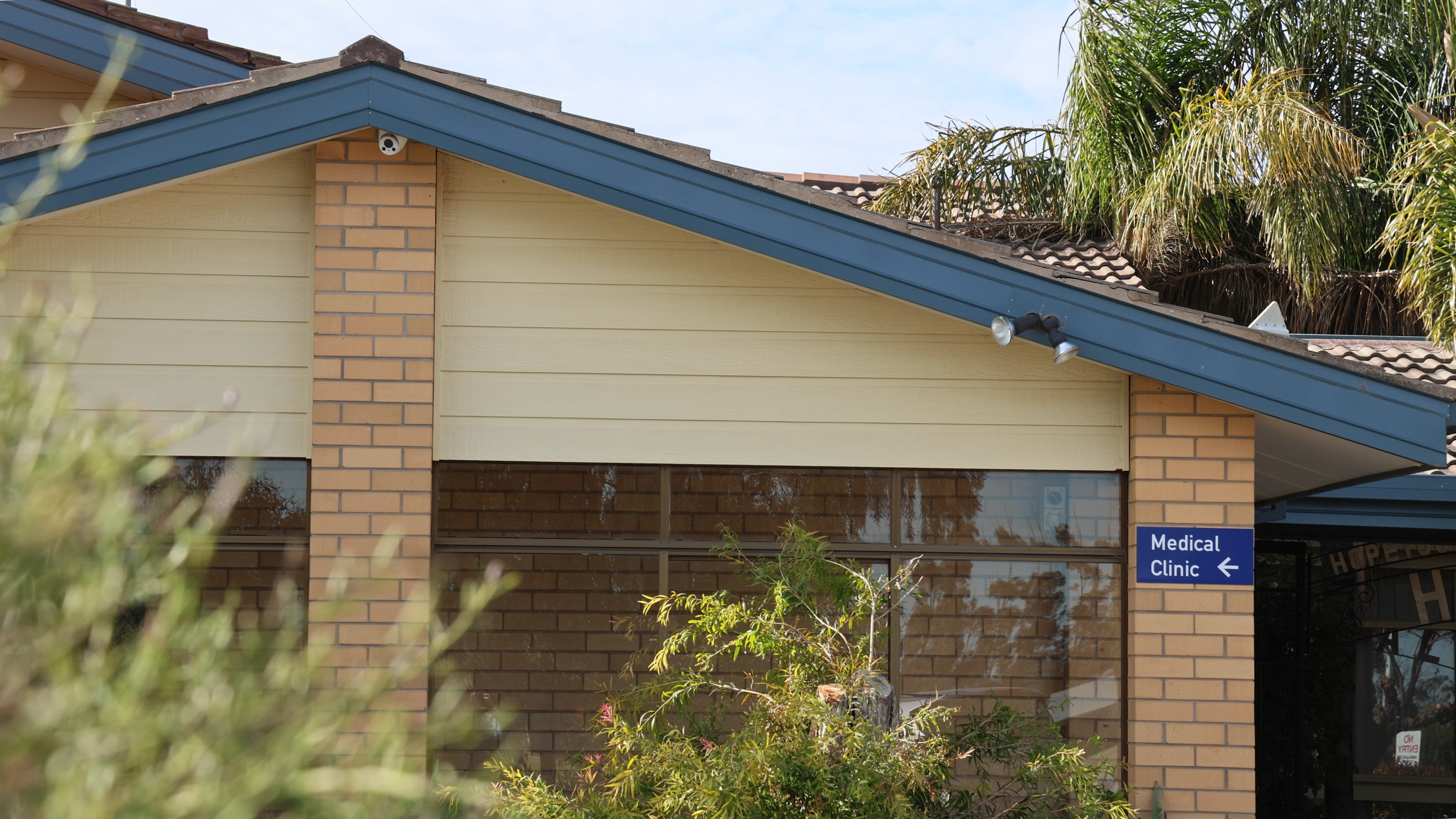
Through the RWGPS Dr Lewis is empowering Hopetoun women, who prefer to consult with a female doctor for a range of health issues, to have a choice when it comes to their health care.
“Women value that little space we have to talk about things that they may not otherwise be able to raise with their local, male GP.”
It’s a service that has the full support of the town’s local doctor and is underpinned by the clinic’s nurses and receptionists, who are fundamental in helping the RWGPS run smoothly during and between visits.
“Dr Rahim is an excellent GP and is very happy for me to come and do women’s health work here,” Dr Lewis explains.
In fact, Dr Lewis works out of Dr Rahim’s practice.
“We get on well. Dr Rahim refers patients to me,” Dr Lewis reveals.
“If they prefer a woman to examine them – very often I will do a consult, a longer consult, with the woman and try and sort the issues out.
“I’m only here once every six-or-seven-weeks – that’s enough continuity to follow up many chronic women’s health issues, but if it’s something more urgent they will need to come back to the local GP and we work very well together,” she says.
With longer consultation times and appointments 100% bulk billed through funding from both the Rural Workforce Agency Victoria and Flying Doctor donors, patients can maintain and manage their health with no out-of-pocket expenses. Funding also covers the cost of travel and accommodation for RWGPS GPs, like Dr Lewis, ensuring the service’s sustainability.
Dr Lewis believes that being a ‘familiar out-of-towner’ means women – and a few men - are often emboldened by the fact they won’t regularly bump into her around town, something otherwise unavoidable in a small community.
“I don’t necessarily see people in the supermarket. People can discuss things with me and I’m not the local GP so they aren’t going to have to see me in town.
“That’s not to say I don’t make lots of friends and love this really friendly community and people make me feel very welcome – but I do go back to the city and I take the secrets with me.”
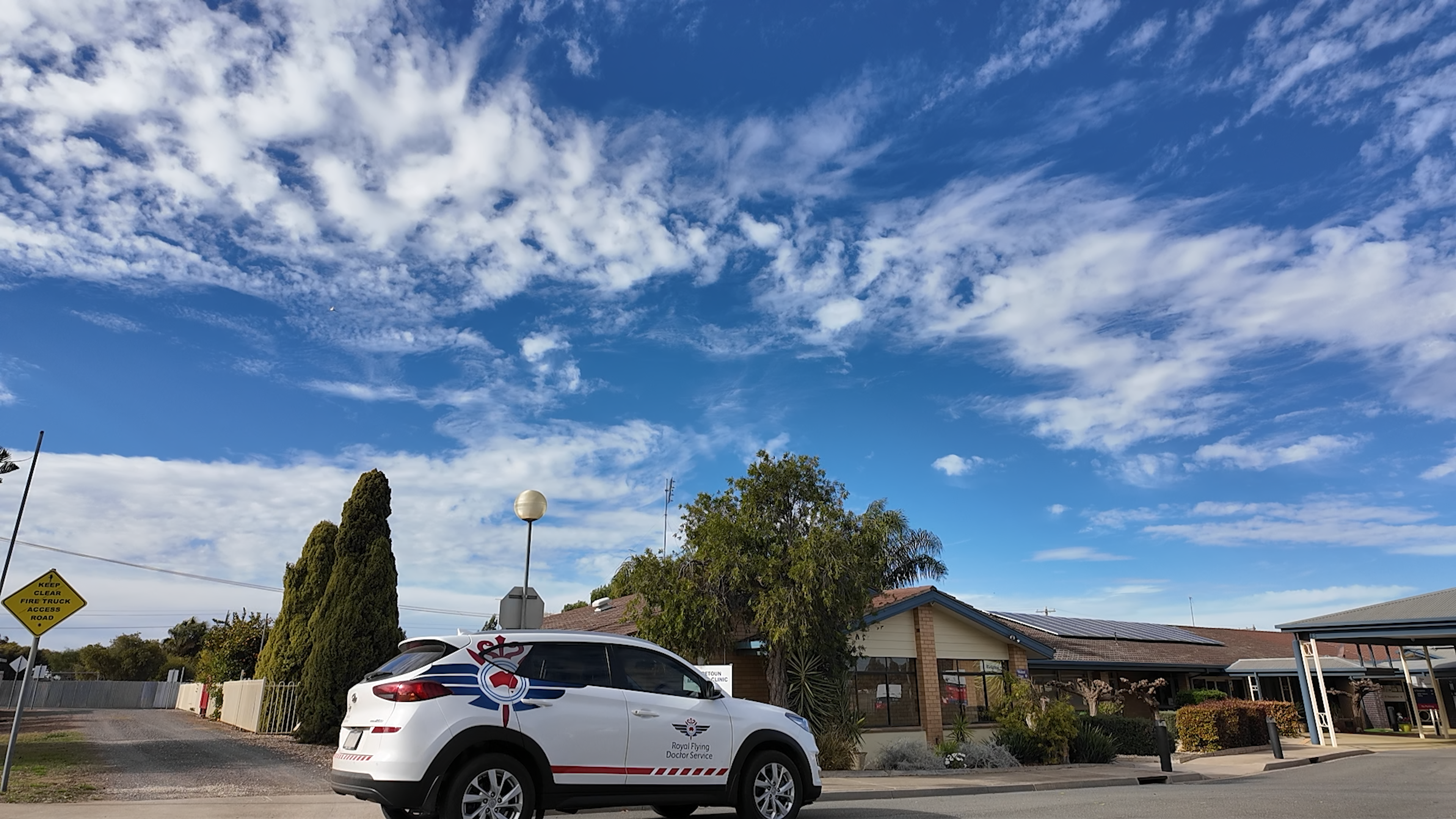
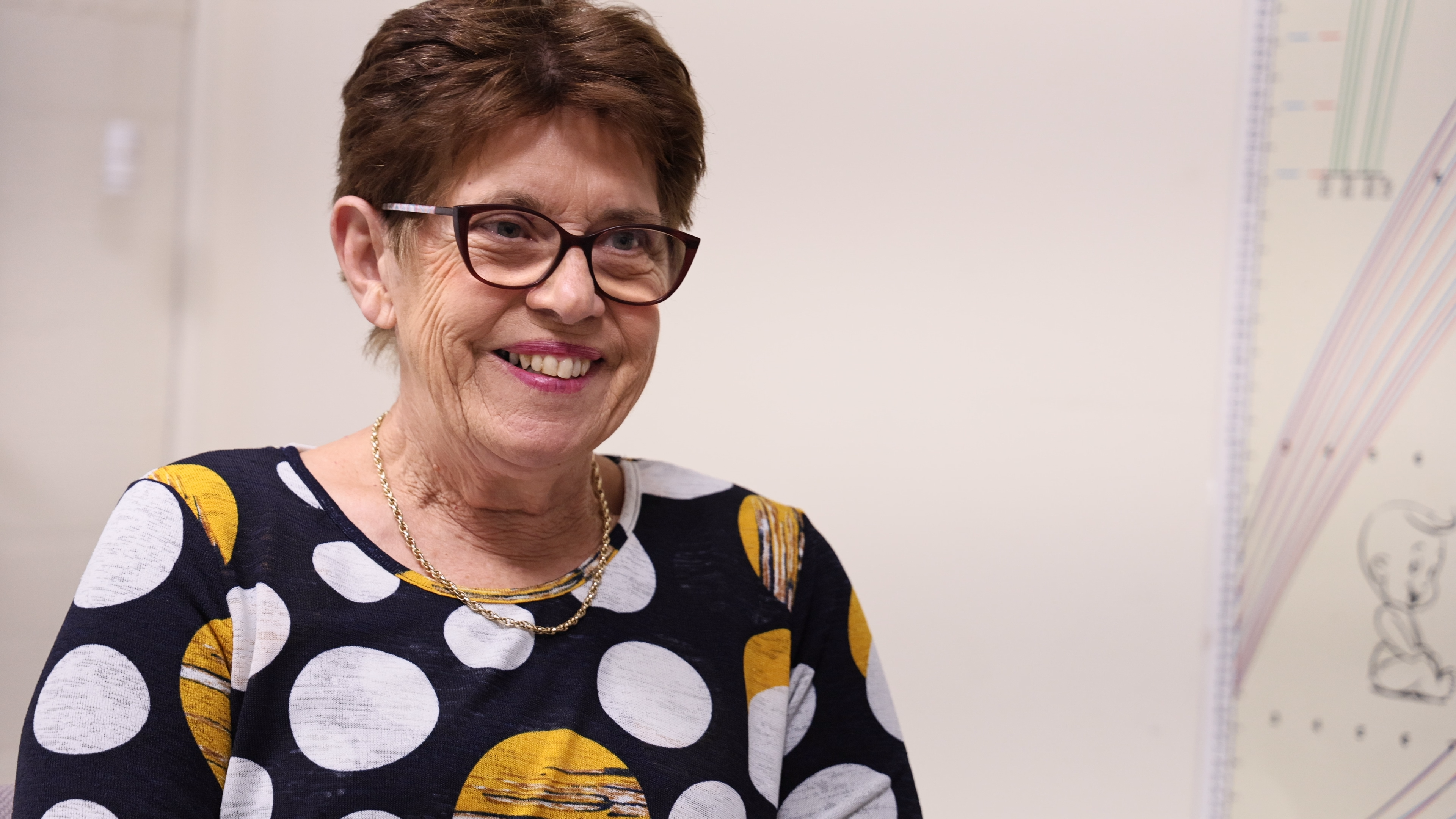

It’s helping women on the land, like Judy Ferguson, access timely care and take control of her health and wellbeing.
A shared commitment to rural health
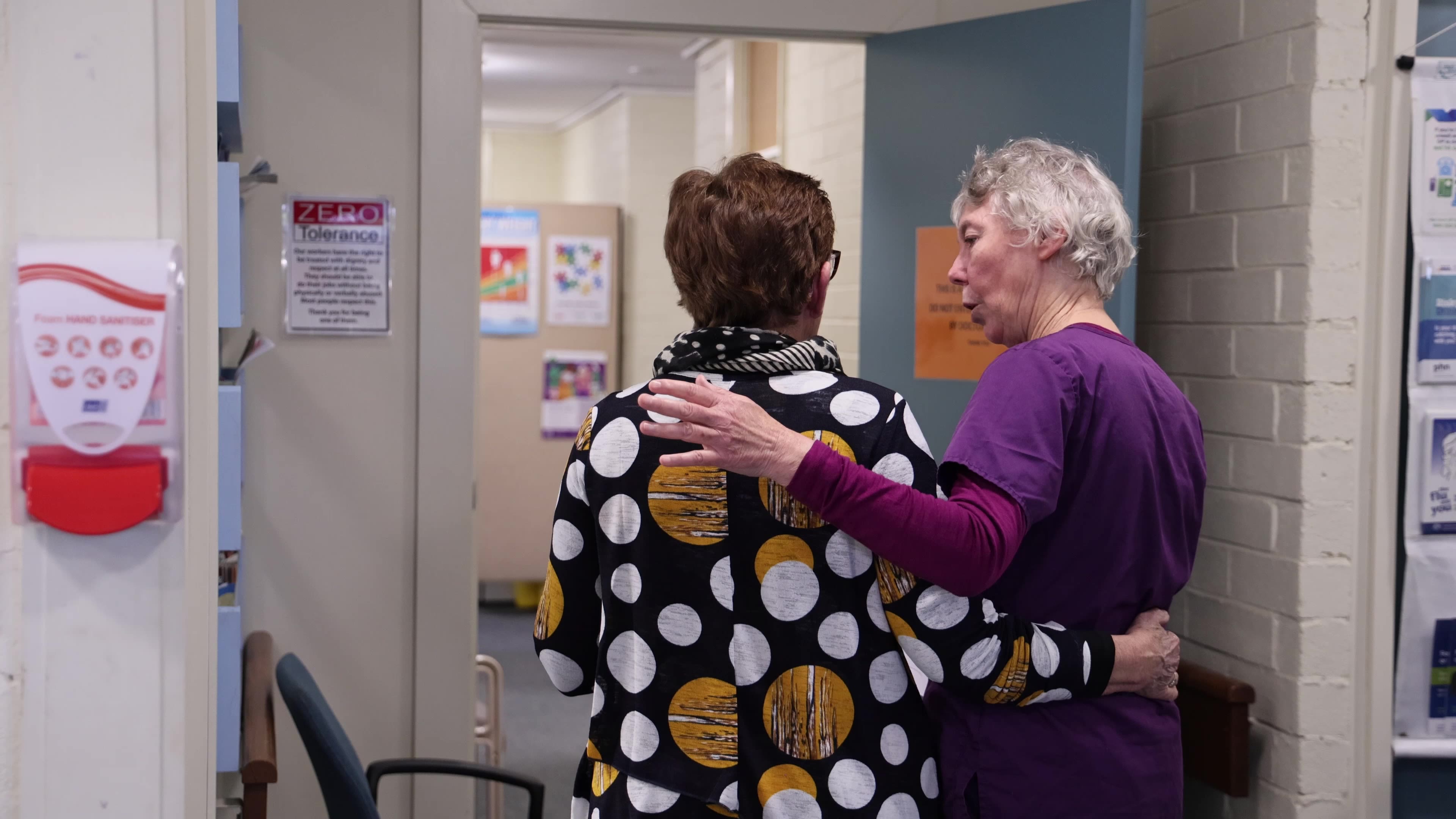
Judy Ferguson knows all too well the many barriers that can delay country Australians from accessing timely health care and the profound impact gender choice can have.
The dedicated local rural health advocate runs a mixed livestock and cropping farm enterprise, alongside her husband, and, in her spare time, is involved in numerous health committees - a passion developed from an extensive career in medical administration.
In fact, Judy is a former colleague of Dr Lewis and one of her longest attending patients.
She also has coeliac disease, an autoimmune disorder which she has been successfully managing with the support of Dr Lewis.
“I don't think I would have managed coeliac disease as good as I have without her help,” Judy confesses.
“Susan makes you feel considered as a patient and you don’t come out and think, ‘Well, gosh, I forgot to ask this’, I guess that's her ability to look at you as you're sitting there, or she senses that there's something else underneath the conversation that you haven't considered just speaking about.
“She also looks at your health beyond what you’re coming in for. Really thinking preventatively.”
“Susan is one in a million,” Judy says fondly.
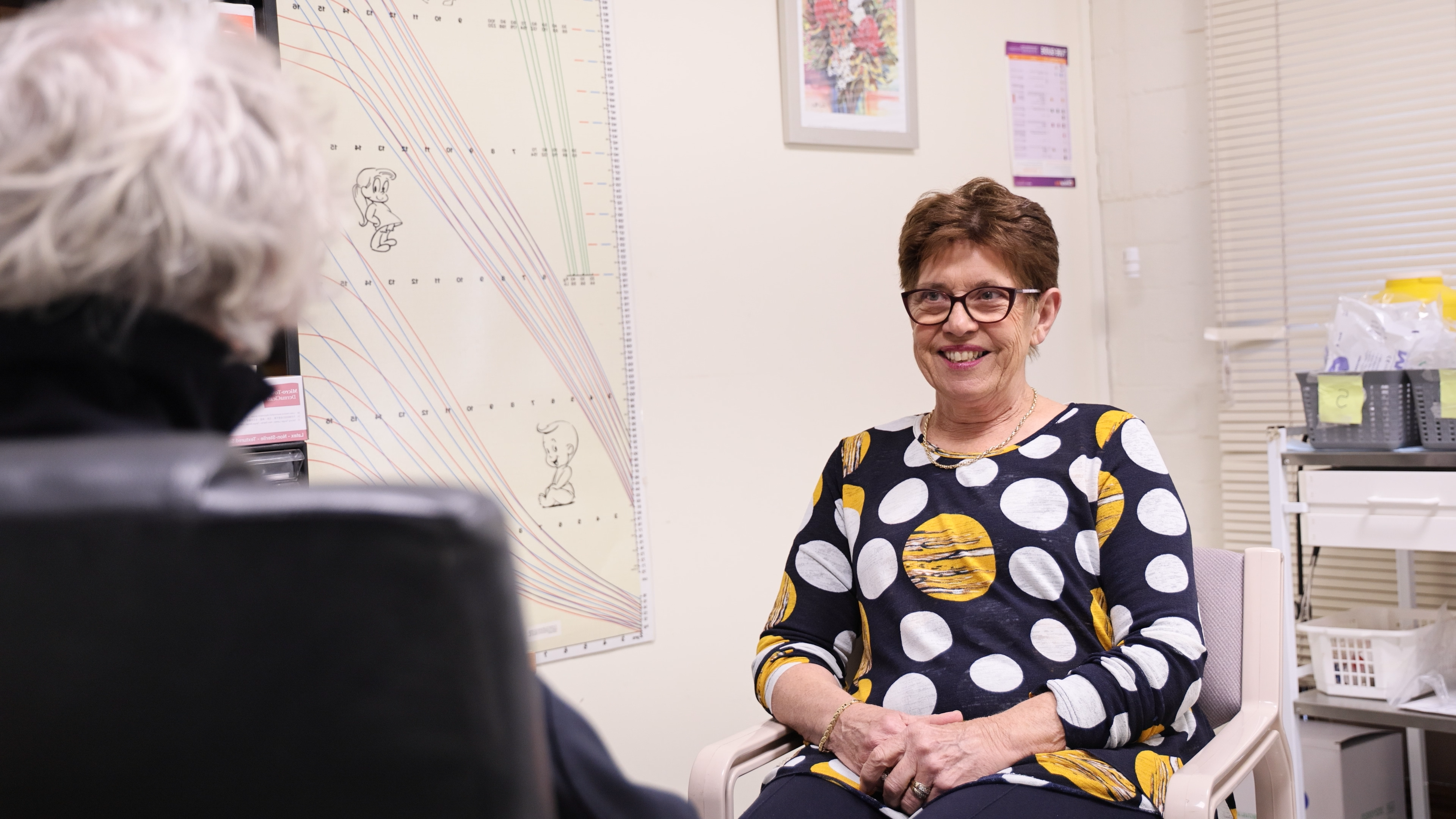
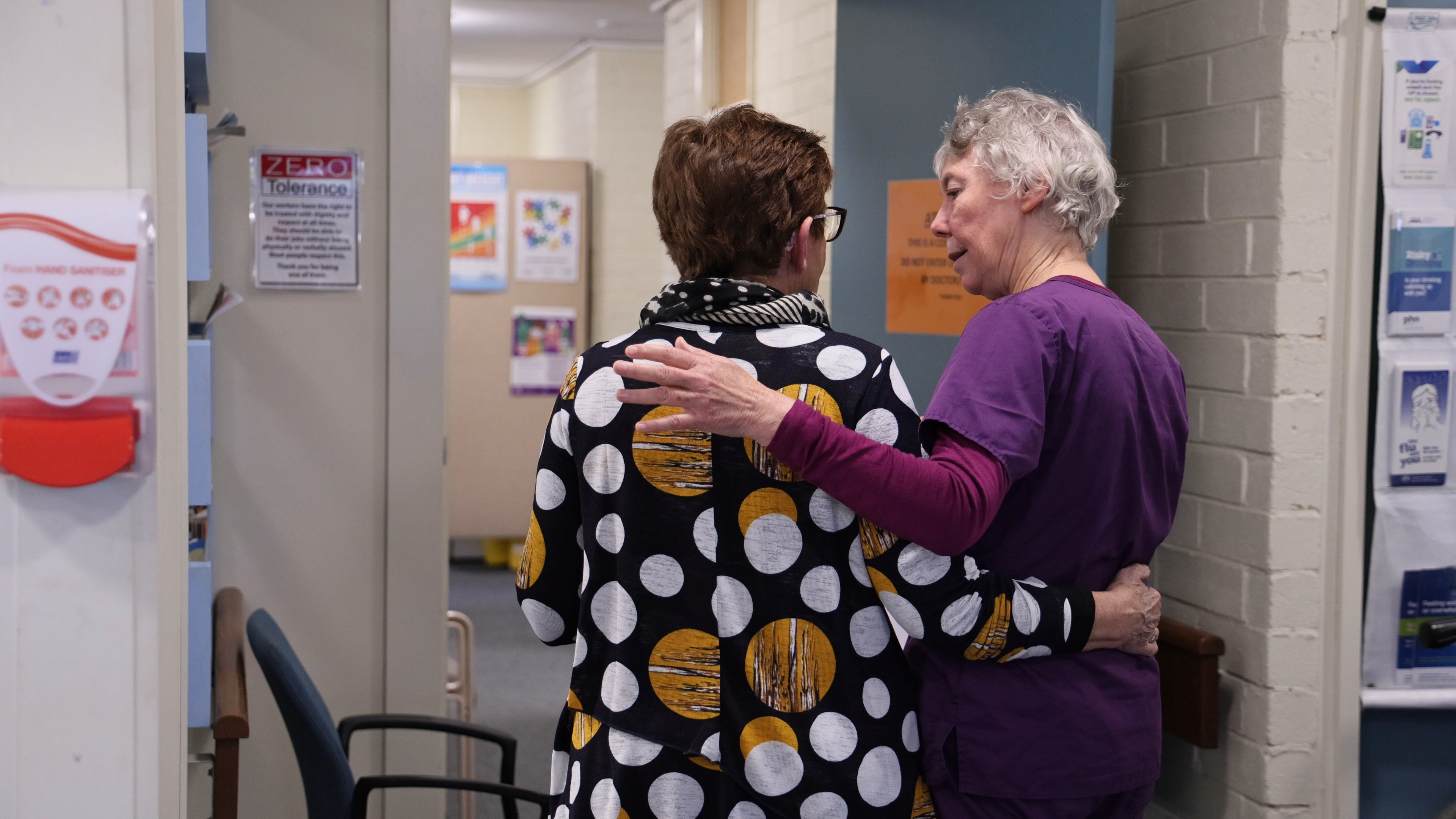
A passionate member of her local community, Judy often organises health events, including women’s health talks that Dr Lewis volunteers to speak at.
“Her services are so needed in this community and she’s so easy and casual to get along with, I think that breaks the ice for a lot of patients," Judy says.
"You can tell she cares about Hopetoun.
“Rural women and women on the land put so many other things before them, especially their health. Some women don’t get medical help and then by the time they do it’s in a big way.
“That's what farming communities do, we have so many responsibilities: is the gate shut? Are the chooks in the pen? Do I need to get on the tractor? This is important, but to look at their own health – ‘we'll get that checked out tomorrow’, but tomorrow sometimes never comes.
“Knowing we have a regular female GP visiting – it’s important. It makes things that bit easier to prioritise.”
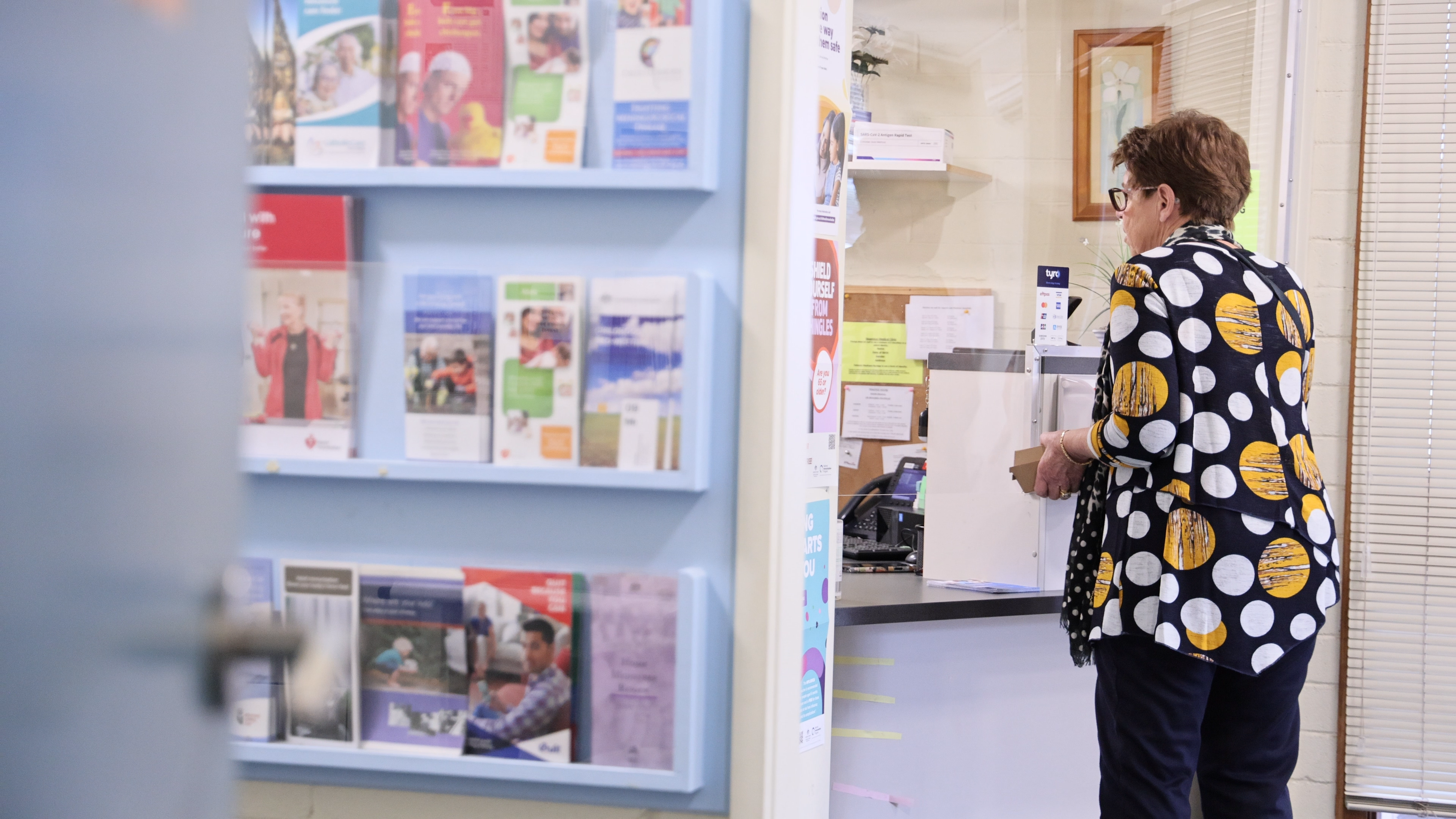
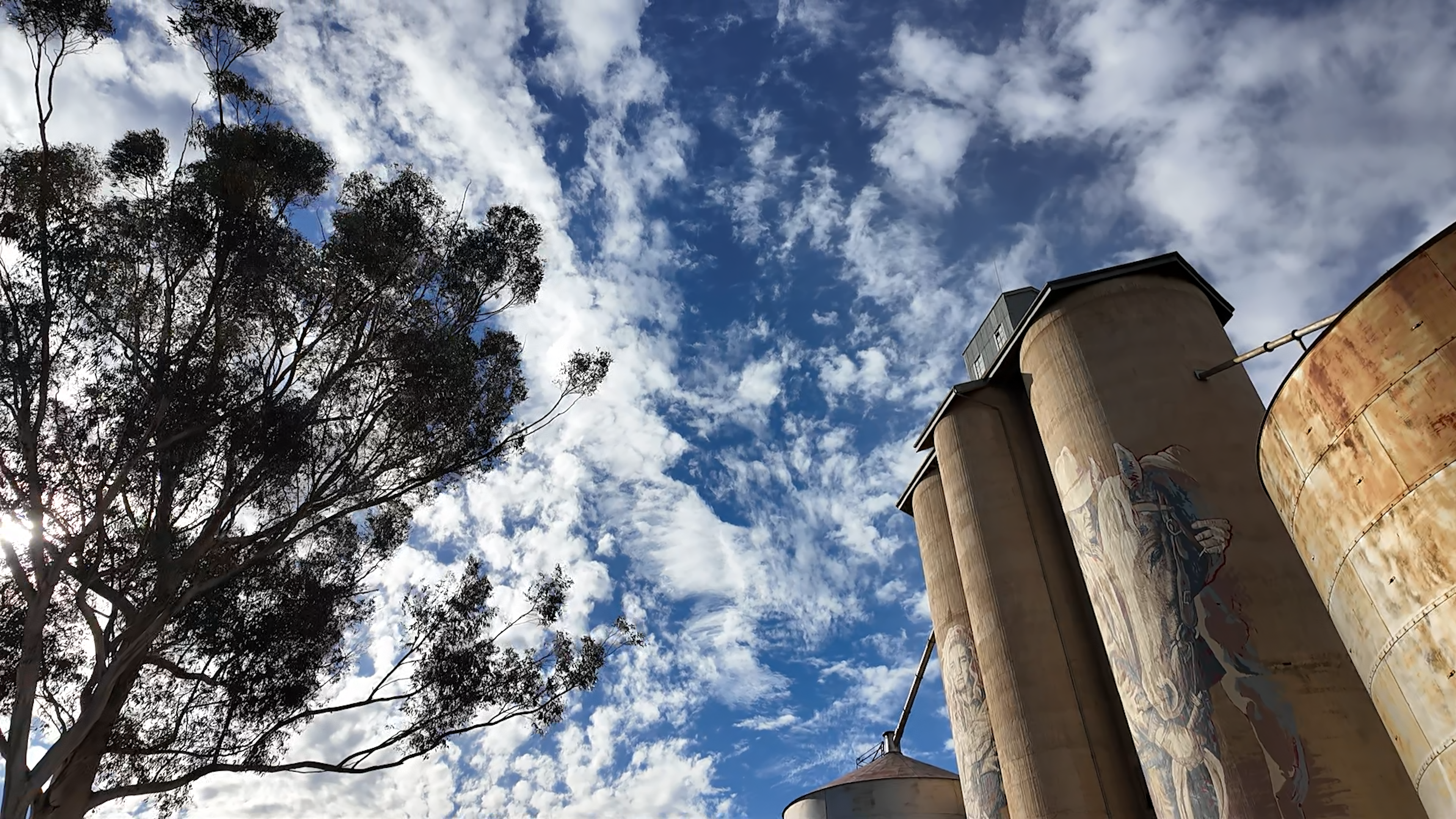
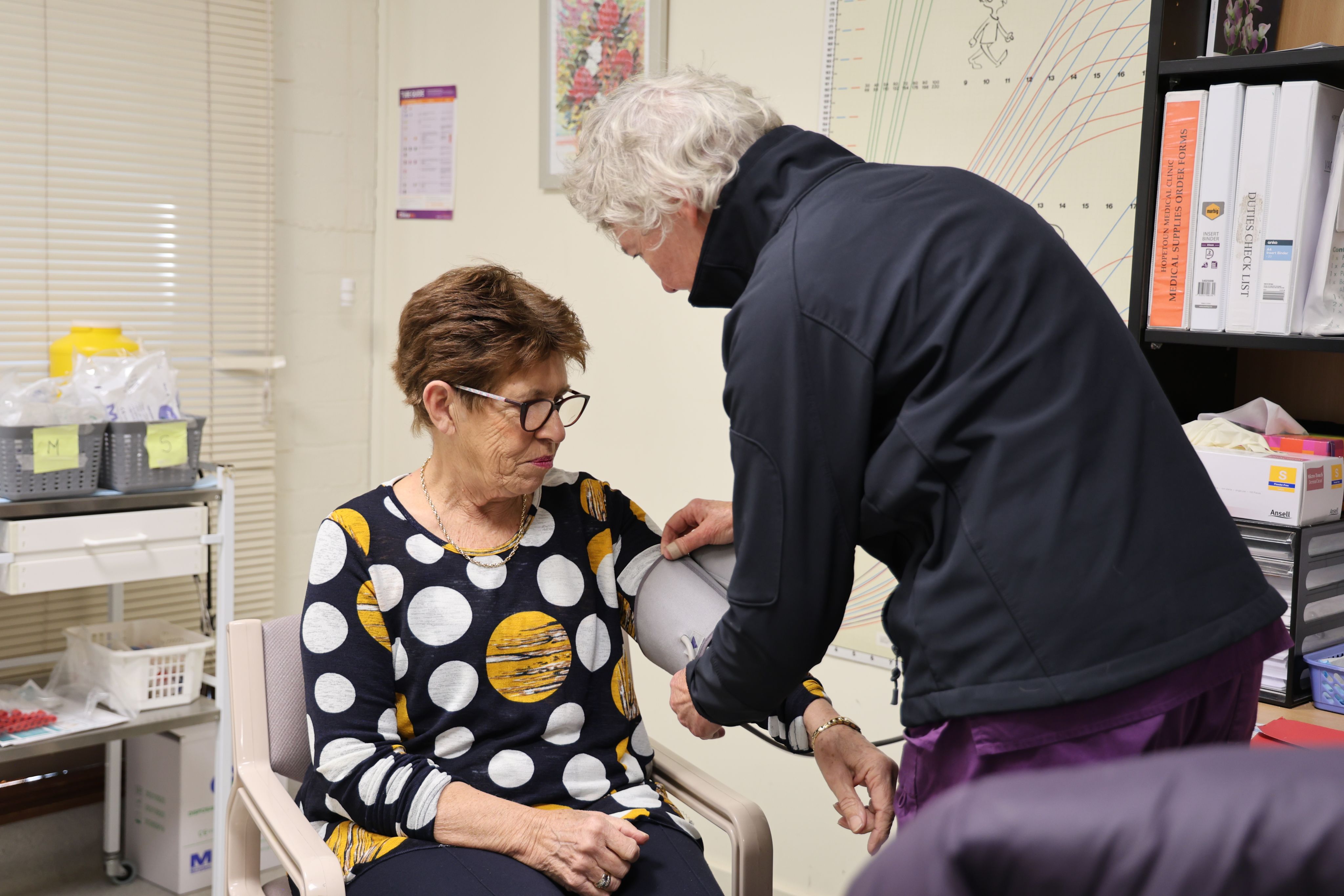
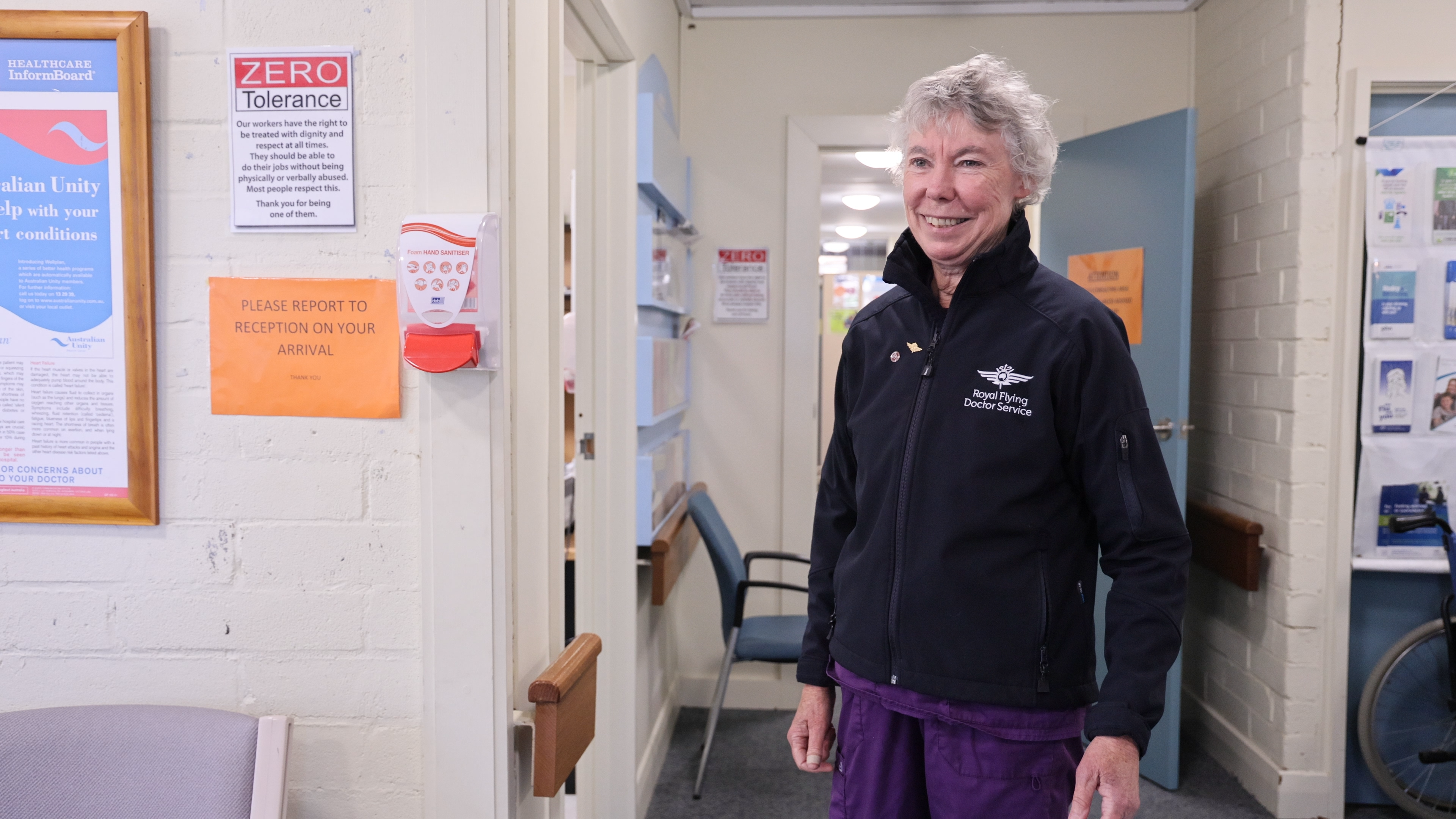

Judy strongly believes the preventative work Dr Lewis provides through regularly attending the clinic and speaking at community-led women’s health nights has no doubt “saved lives” in Hopetoun, particularly with women. It’s a trust that has been fostered by time, compassion and expertise.
“Susan can pick up when you walk through the door, you're not happy today. Doctors that only see you once and never see you again, they wouldn't know whether you're happy, sad - because they don't know you. She can read your face; she's got that connection because she's here regularly.”
“It’s so needed to have someone like Susan visit on a regular basis just for women to open up for certain issues.”
Dr Lewis’ inspiration to work for the Royal Flying Doctor Service is immortalised in the pages of a popular Australian medical magazine.
“I can tell you exactly what made me do it,” Dr Lewis laughs fondly.
“I read an article in Australian Doctor about Meg Higgins, who used to go to Lightning Ridge with RWGPS. Now Meg looked fantastic in this article – she just looked really fabulous, and she lived in Mossman in Sydney.
“I looked at her and thought, ‘if you can go out to the country than so can I!’.”
Inspired by the ethos of the Rural Women’s GP Service and impassioned by her interest in country practice, Susan diligently set about joining the Flying Doctor - by any means.
“I emailed, rang, and generally harassed the Royal Flying Doctor Service,” Susan jokes about her keen interest in the service.
“Until I got a job two years down the track when an opening came up.
“I just really wanted to do it.”
“I thought it sounded like a fabulous thing to do and I grew up in the country. I really wanted to do something in rural Australia, and this has proved to be a very valuable and rewarding job.”
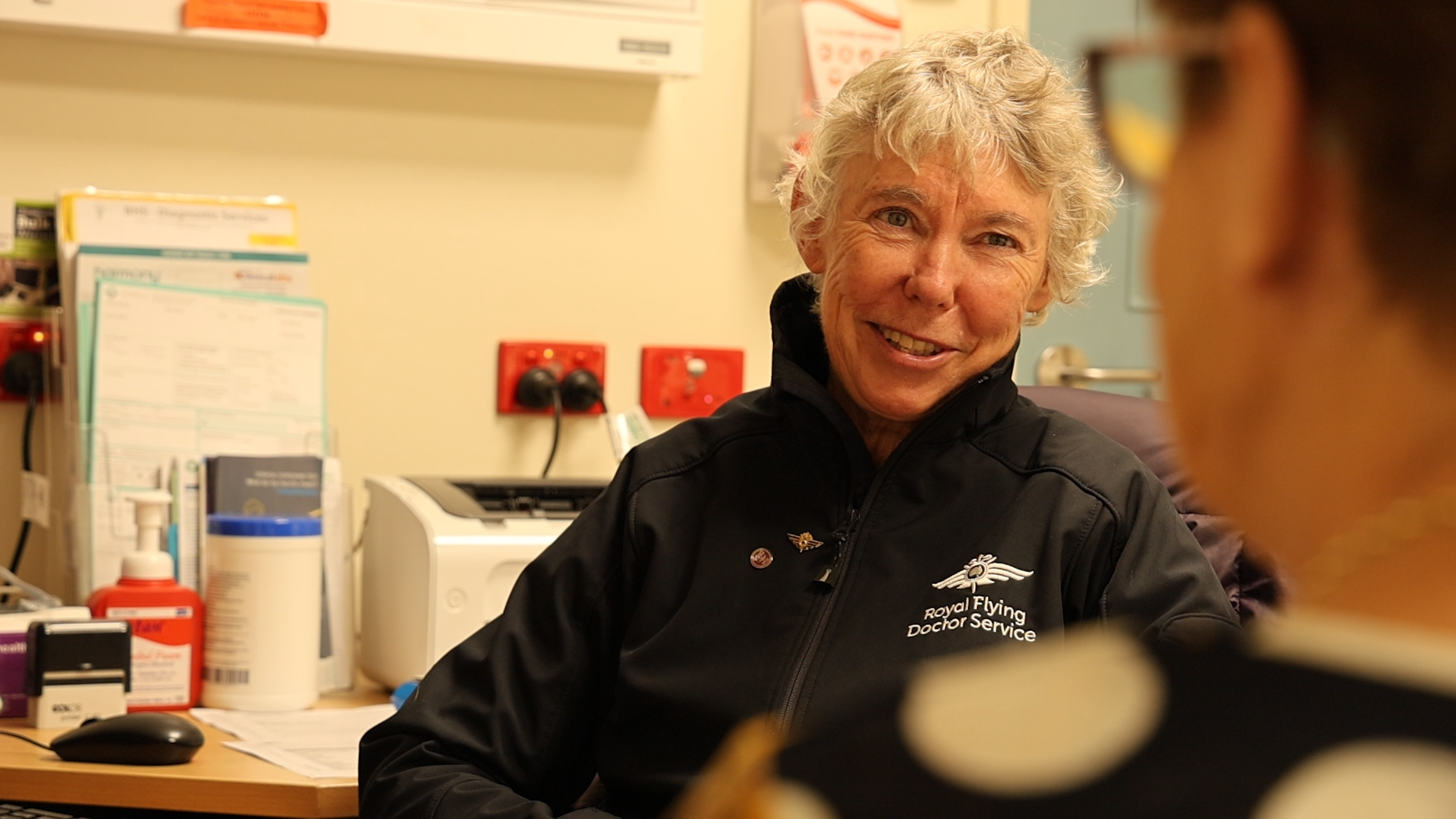

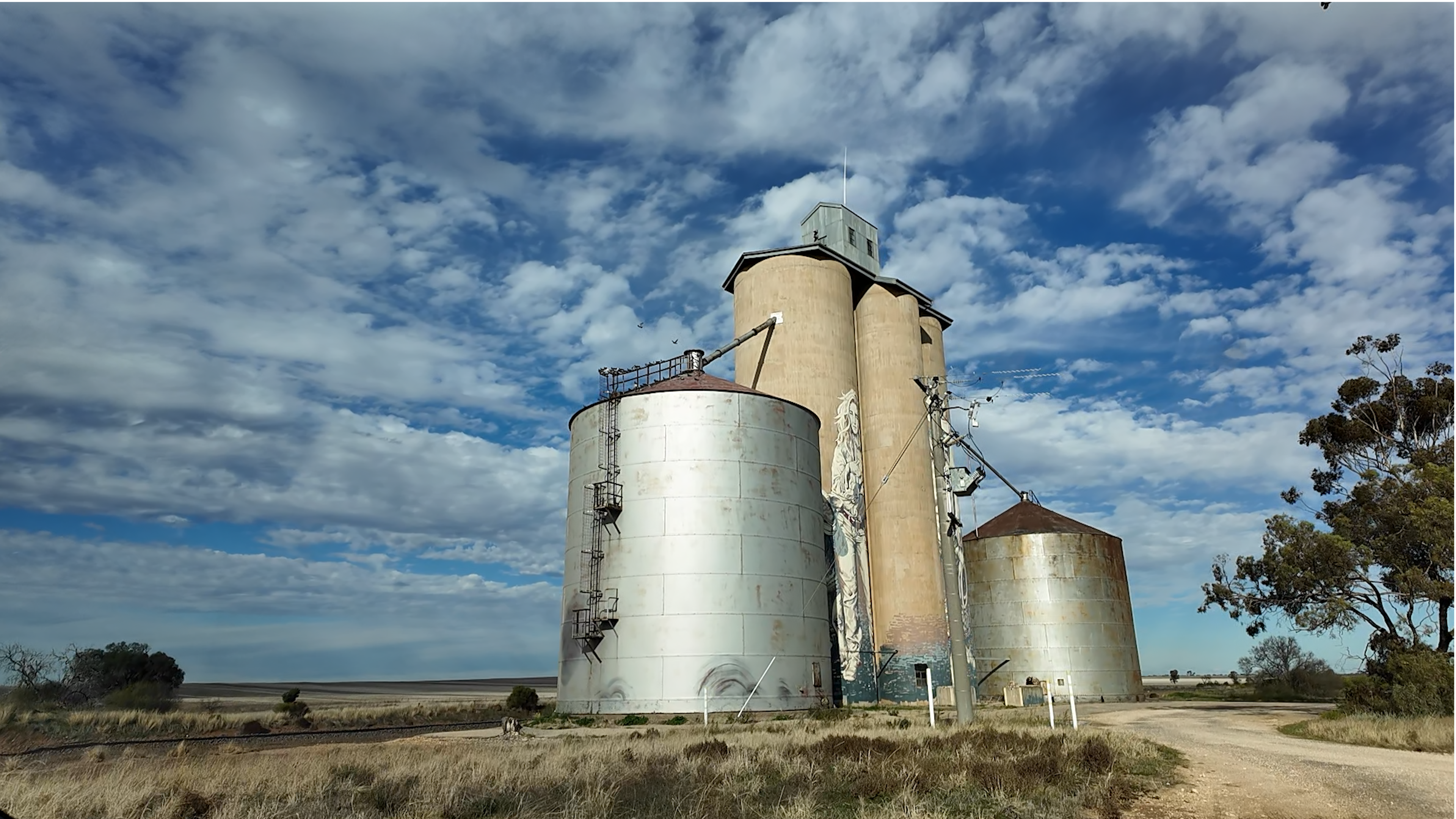
Now two decades on from that fateful magazine flick-through, Dr Lewis’ passion for supporting country women on their health journeys has only deepened.
“Once women get attached to a community, which has happened all around Victoria, it’s very hard to shift them. Most of the women I work with in the Rural Women’s GP Service have been going to their communities for well over ten years. We’re all very attached and love to keep coming.”
Dr Lewis’ devotion to the Hopetoun community is certainly reciprocated by the community, who are beyond appreciative of the lengths Dr Lewis goes to for her patients. The uniqueness of the job combined with two decades of working alongside the same community gives her a deeper level of access to Hopetoun’s female patients. They know Dr Lewis and they trust her.
“I’ve given a talk at the football club, the CWA – last time it was in the bowls club – so you get to know the community.
“I gave a talk last time I was here and it was about period pain and heavy periods,” Susan begins. “And a woman came to see me the next day, prompted by my talk."
"Because one of the things I had spoken about is about how women do look after their kids, look after their farm, look after their older parents and really neglect themselves and that’s not a good thing and they get tired and then they cannot do all the things they need to do. So, she had come to me, exactly in that situation, and then was able to start the ball rolling about what she was going to do about her very heavy period.
“It’s not that I do anything amazing or clever or the diagnosis is really hard – it’s really just that I am here and if you make yourself available and friendly then people can come in and you just start the ball rolling really,” Susan modestly summarises.
"The women are extraordinary grateful for work that is fairly ordinary – it’s what I do in the city, it’s really what women in the city would expect and I’m able to bring it out here and to use the skills I’ve developed in the city to bring to a rural community.
“It’s the best job I’ve ever had.”
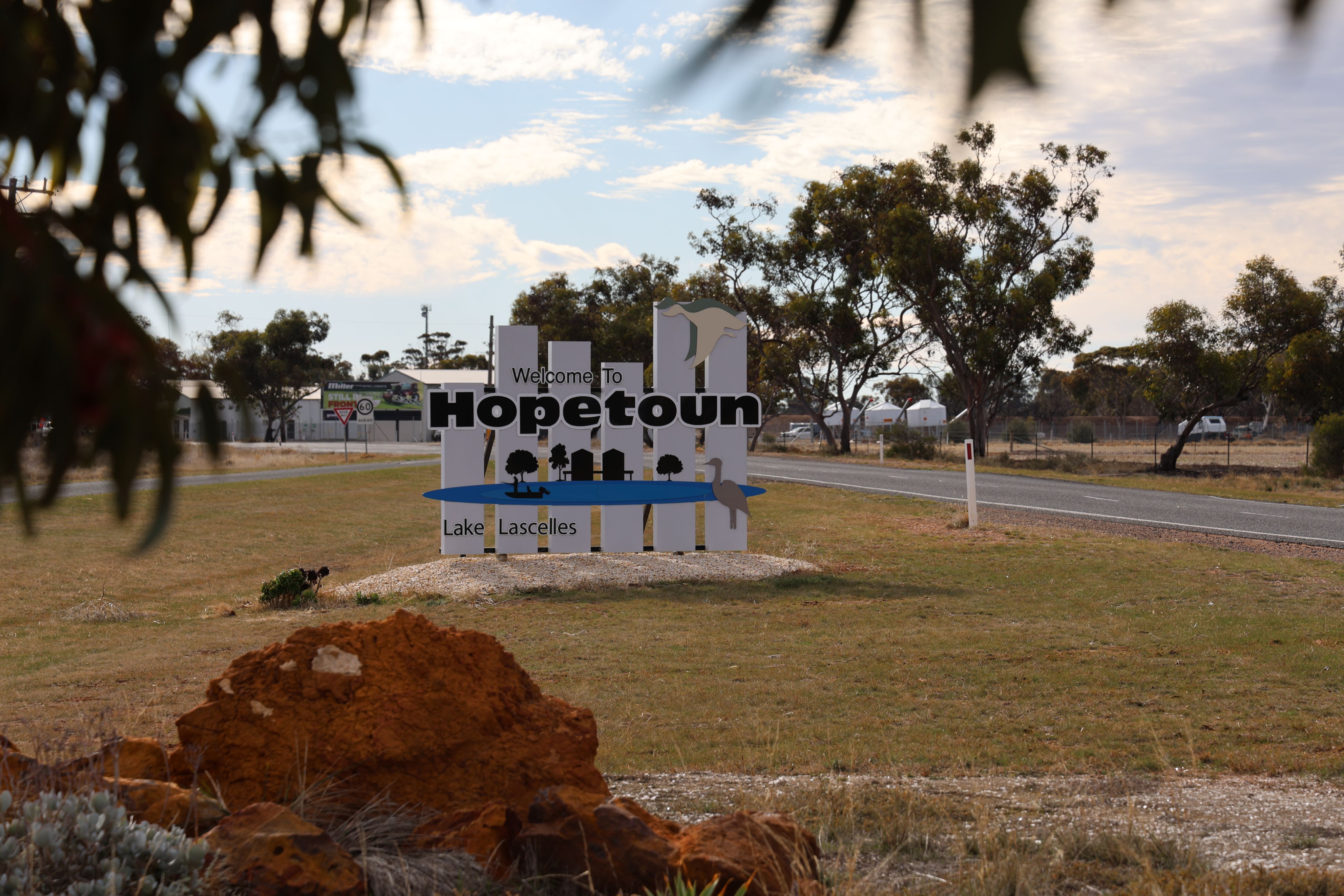
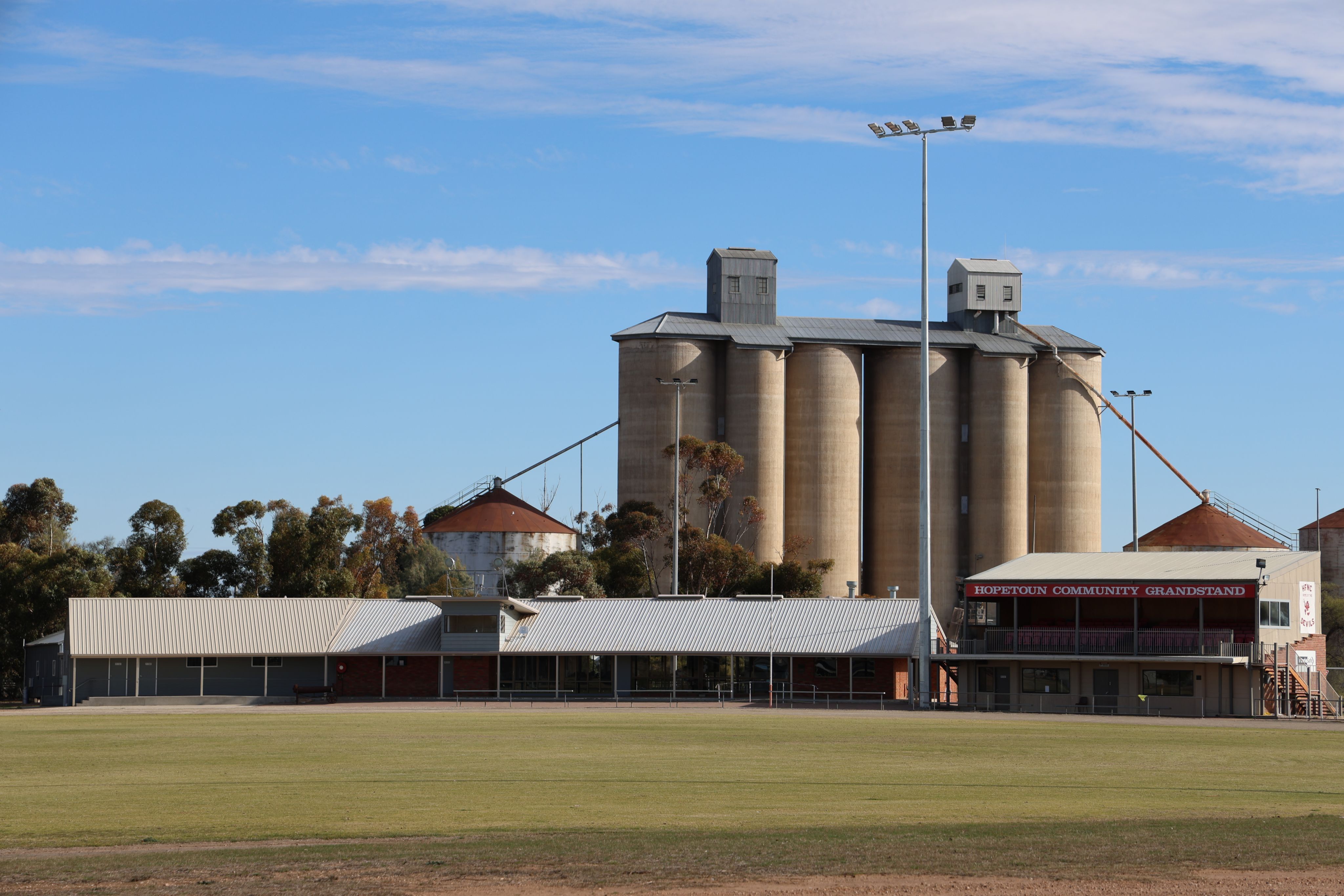
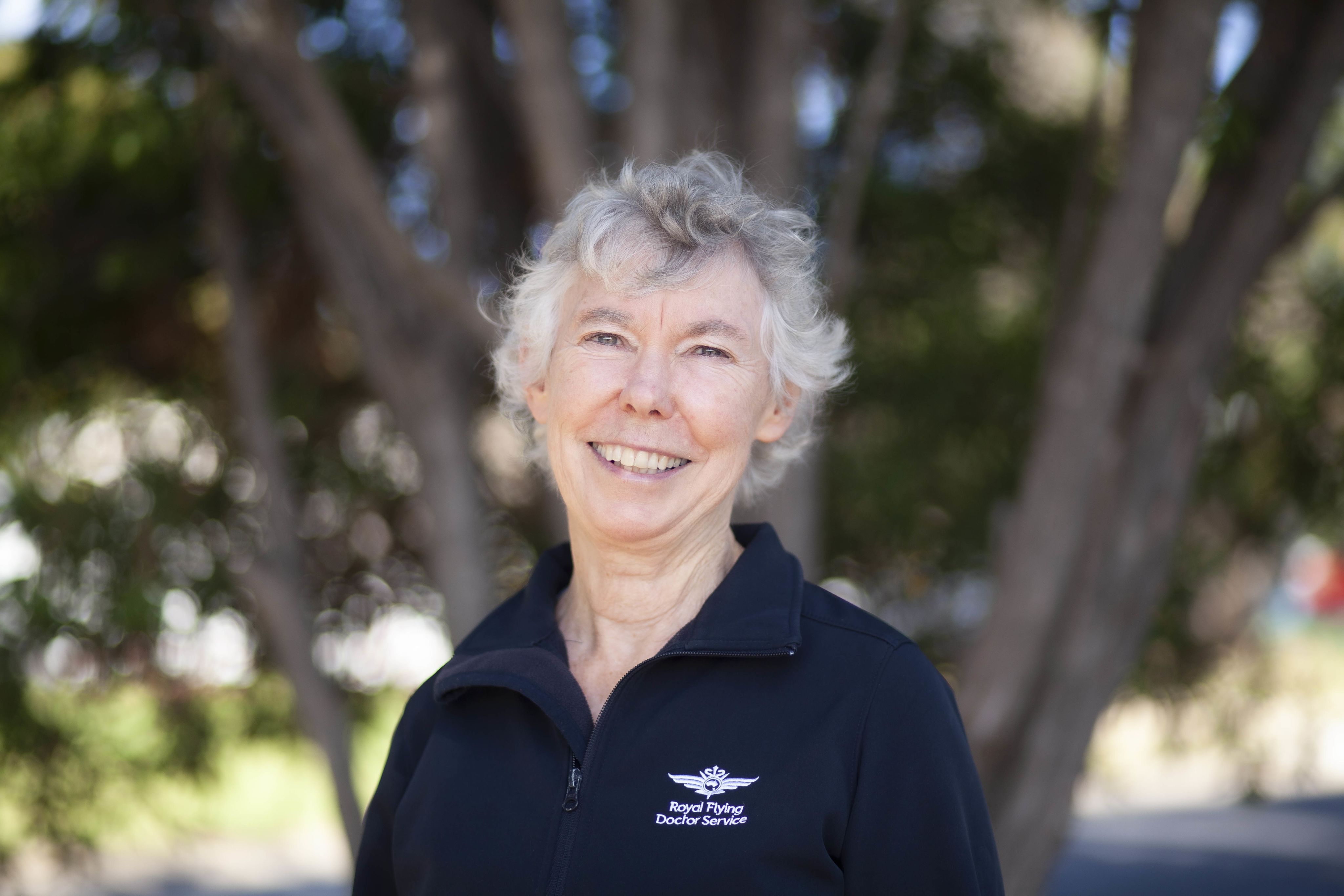
Click here to learn more about the impact of Rural Women's GP Service on rural communities.

This story was filmed and photographed on the lands and waterways of the Wergaia peoples.
RFDS Victoria pays respects to Elders past and present.
